Fighting the Threat of Lionfish in Texas
Tuesday, February 7th, 2017This is Passport to Texas
With amazing appetites and reproductive abilities, lionfish are a growing threat to native Texas marine life.
Everybody agreed lionfish was a problem, but we weren’t working together. And that’s always a challenge, because this is not going to be fixed by biologists.
Leslie Hartman, Matagorda Bay Program Leader, said during last year’s Lone Star Lionfish symposium organizations worked together to address this issue.
We brought together engineers, biologists, legal professionals, including enforcement and lawyers. We brought in oil, shrimpers…academicians. We brought in a roboticist expert. All this, because you cannot fix the lionfish issue with a single, non-existent silver bullet.
Participants developed seven parameters of need, including funding, research, and regulation—and assigned each one an approximate cost and pragmatic rating.
Using these approximate costs and the pragmatic rating, things should float to the top. [We can say] this is a really good value, and it’s really practical. So this would be something that we would rate high. All of this is to create a unified state plan. And we’re going to be able to disseminate it to the universities, and the engineers, and the regulators, and say: ‘this is what a whole bunch of experts determined as being the most appropriate way to go about this, so that it can be most effective.’
The Second Annual Lone Star Lionfish Symposium is February 15 & 16.
The Sport fish restoration program supports our series.
For Texas Parks and Wildlife…I’m Cecilia Nasti.
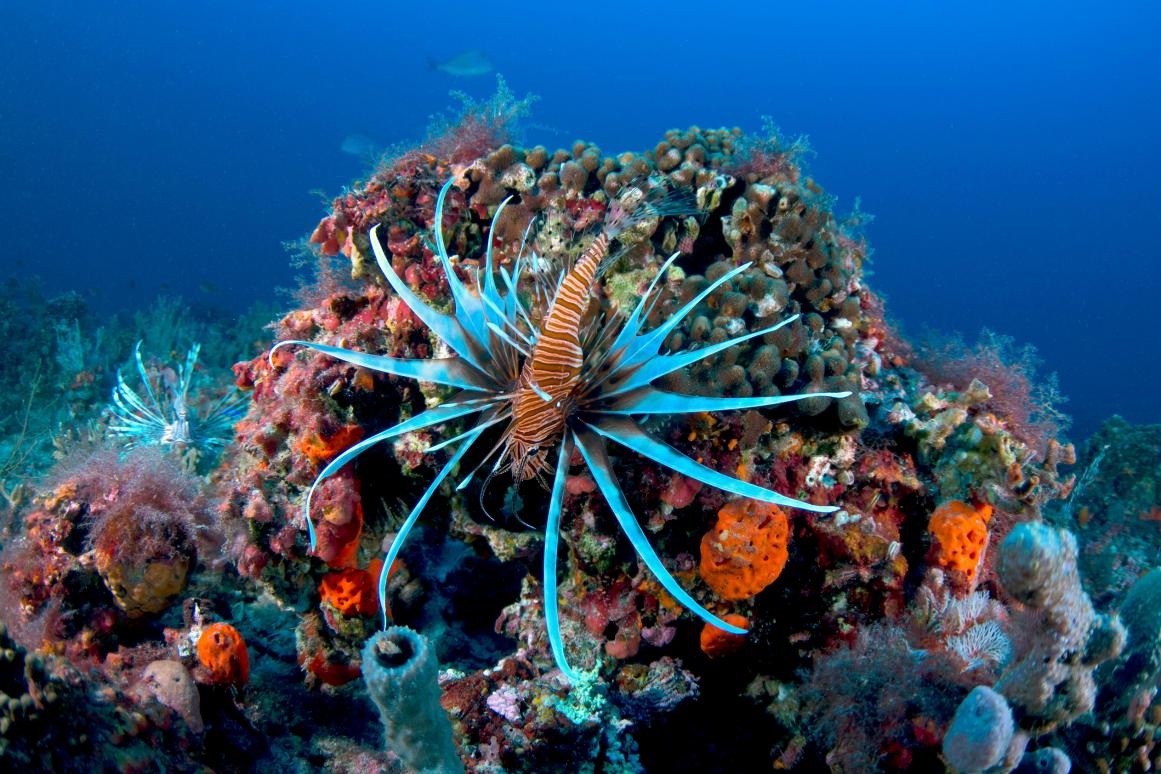

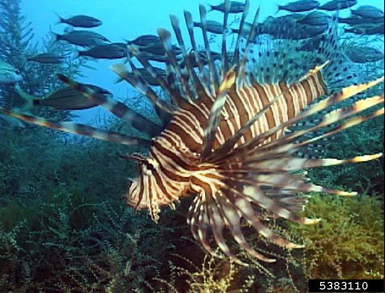
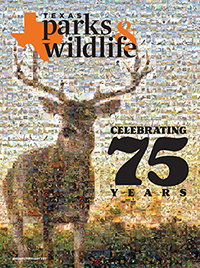
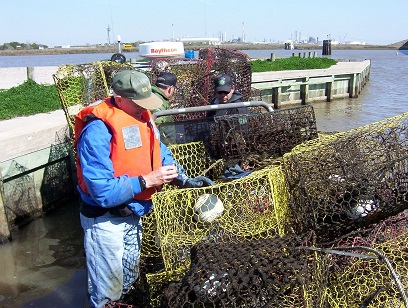
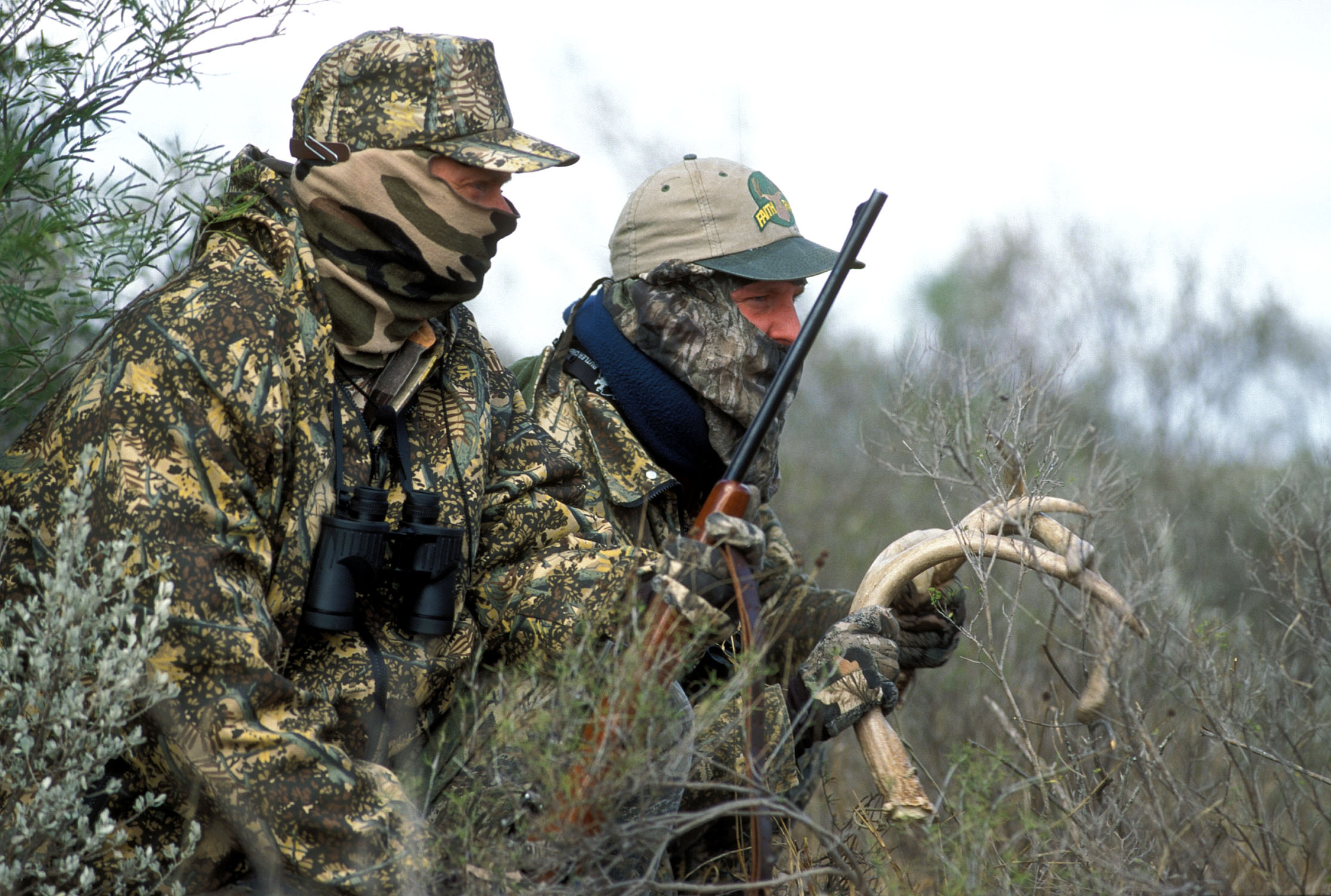

 Passport to Texas is a
Passport to Texas is a  Passport to Texas is made available by:
Passport to Texas is made available by: